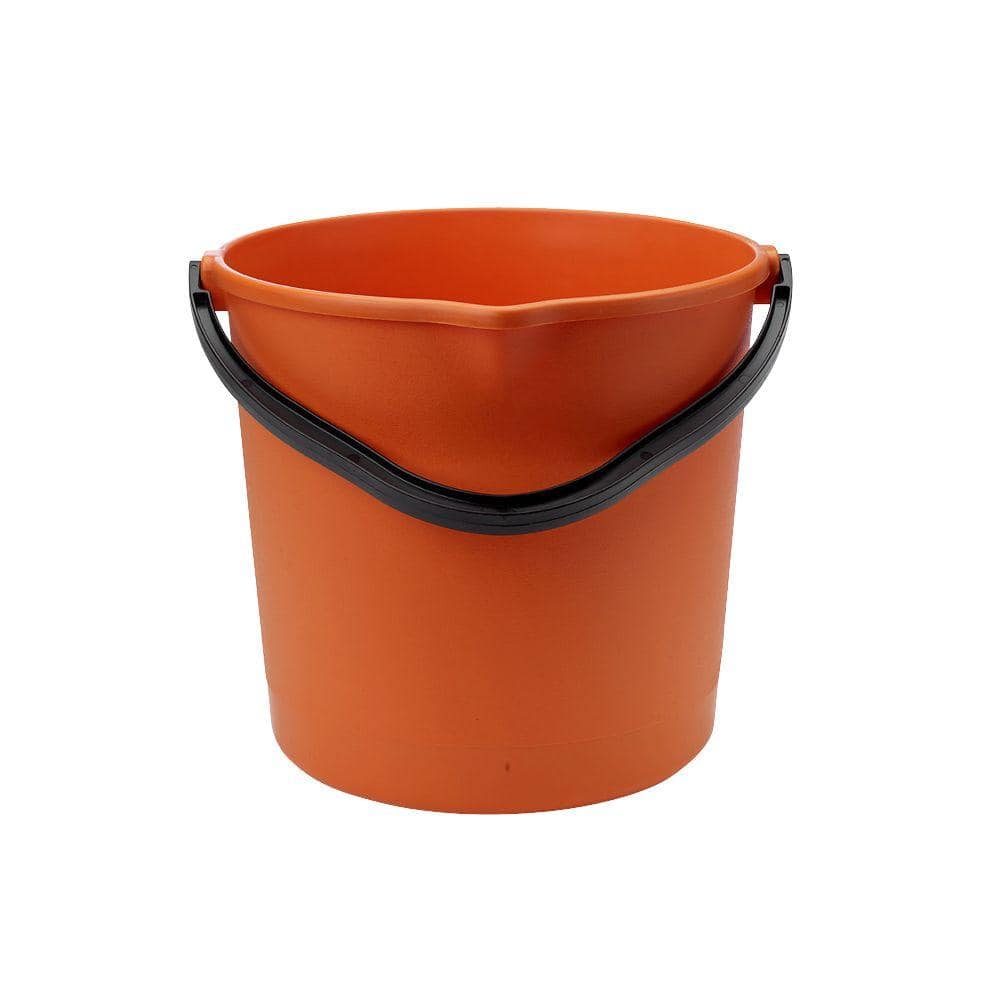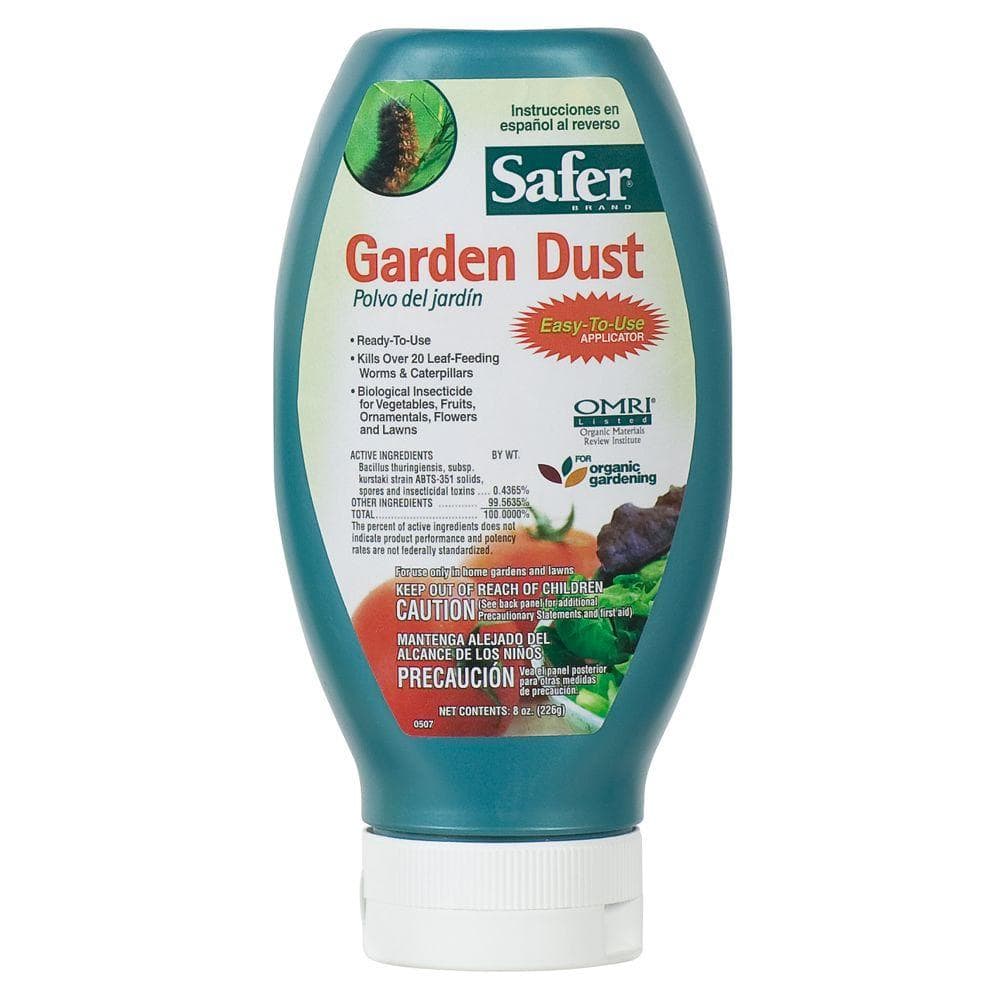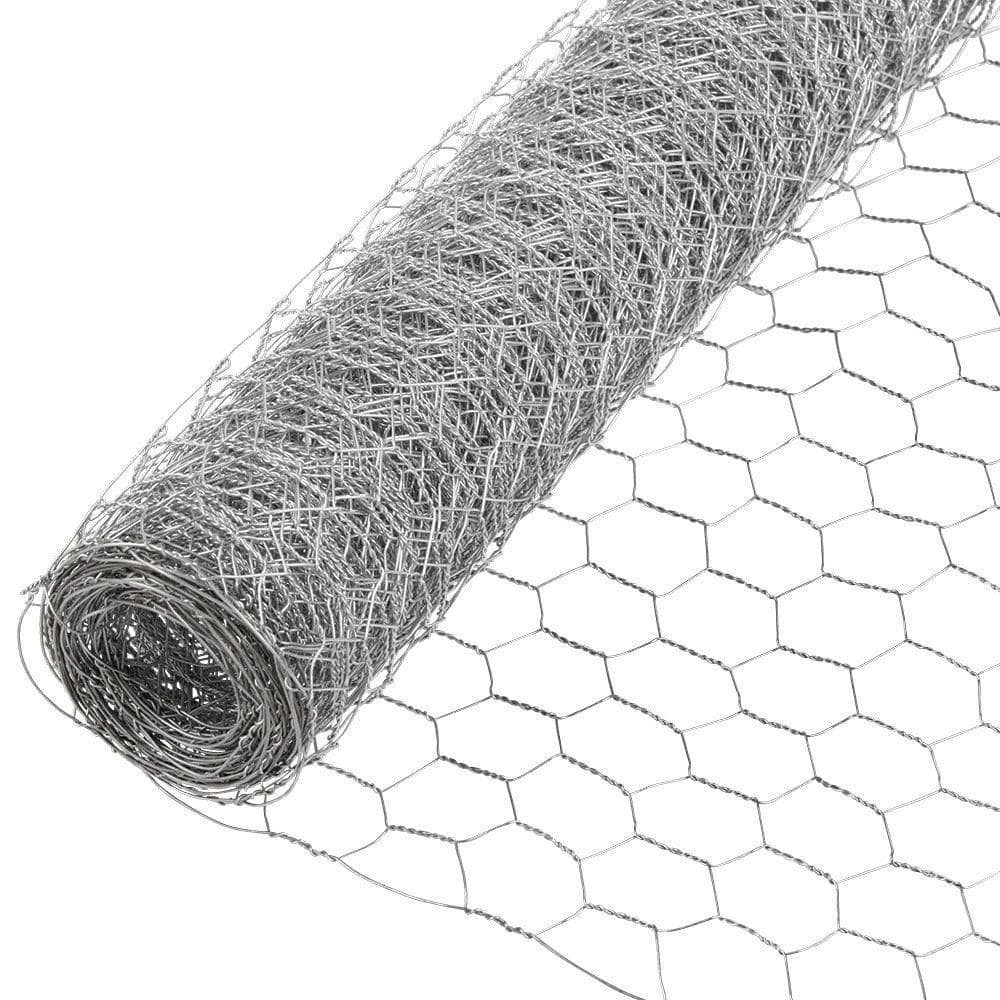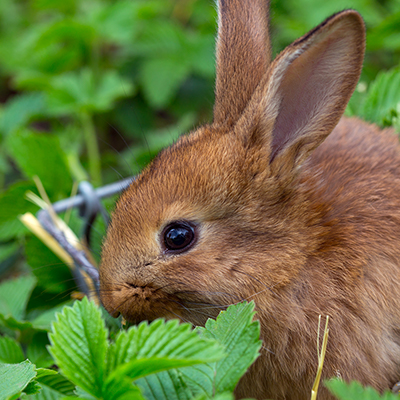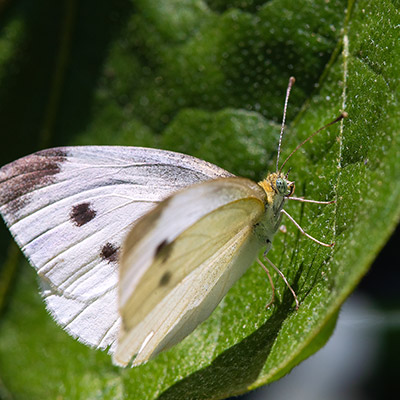6 Signs of Nibbling Pests in Your Garden
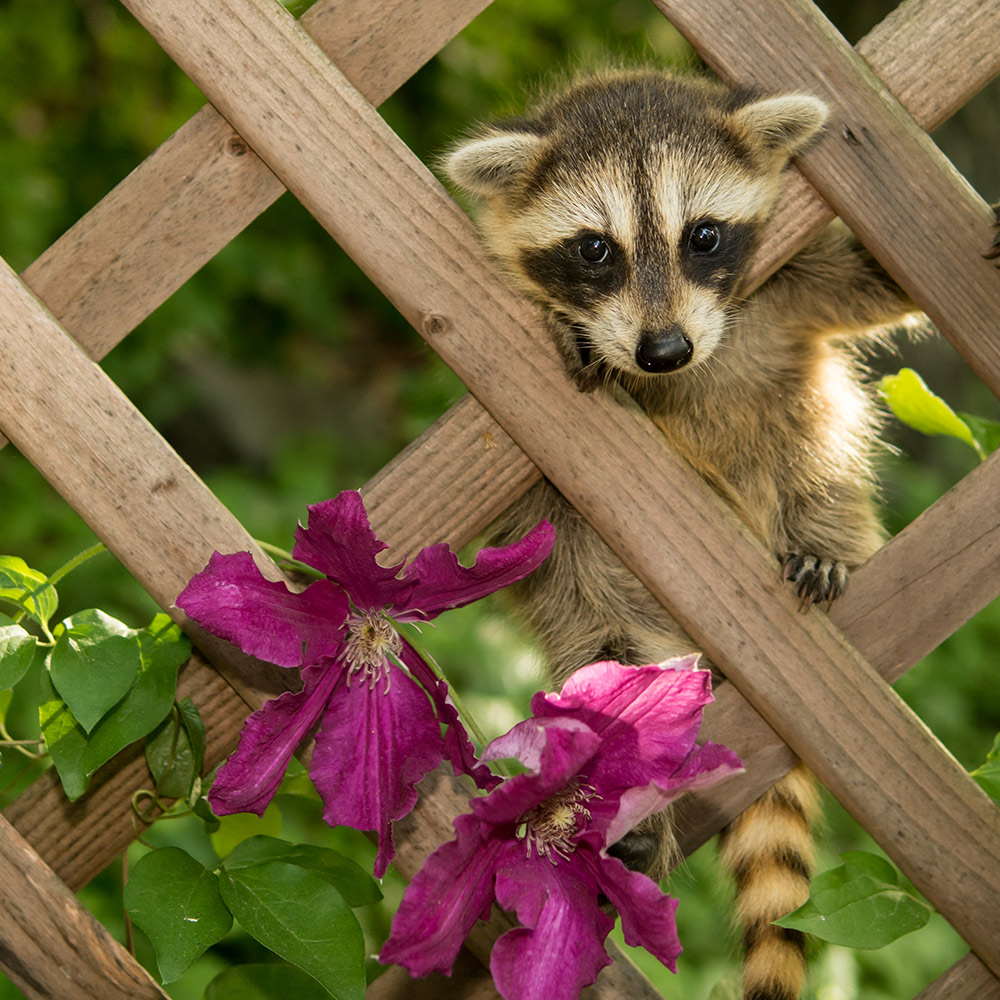
Last updated September 7, 2023
You’ve put time and hard work into your garden and then the unthinkable happens. You spot nibbled-on leaves, deformed fruit or missing vegetables. This guide will help you find easy solutions for common garden pests like crows and voles.
Table of Contents
Crows
Rabbits
Deer
Tomato Hornworms and Tobacco Hornworms
Cabbage Worms
Snails
Crows
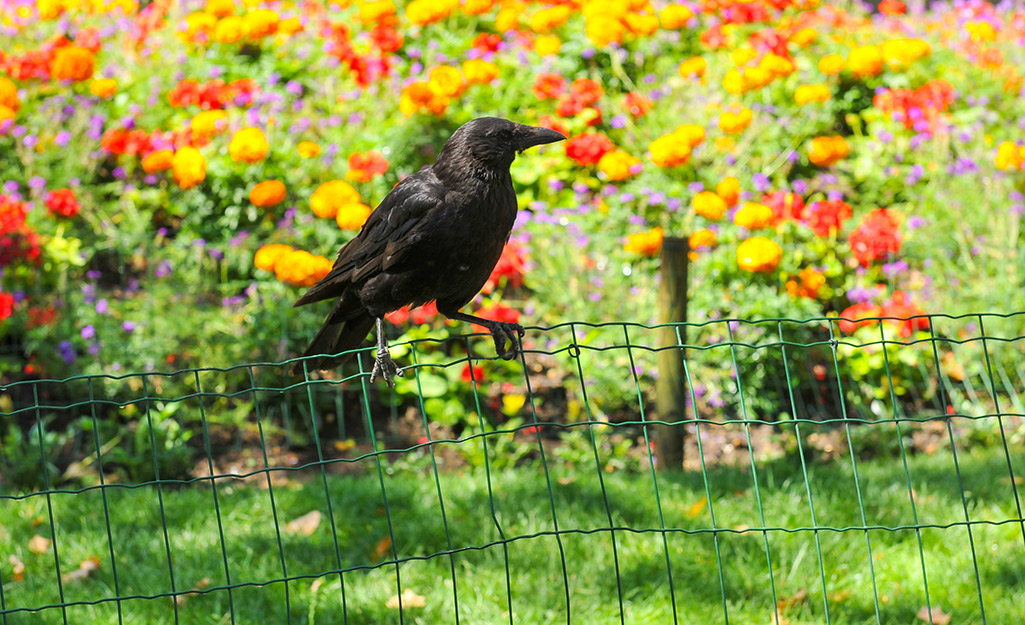
Crows can be beneficial to the garden. They dine on grubs and other insects, for one thing, but these omnivorous creatures want to eat seeds and fruit, too. Control damage by using bird netting over plants and row covers over seedlings. Hanging shiny objects and reflective tape in the garden is said to keep them away. You can try making an old-fashioned scarecrow, as well.
Rabbits
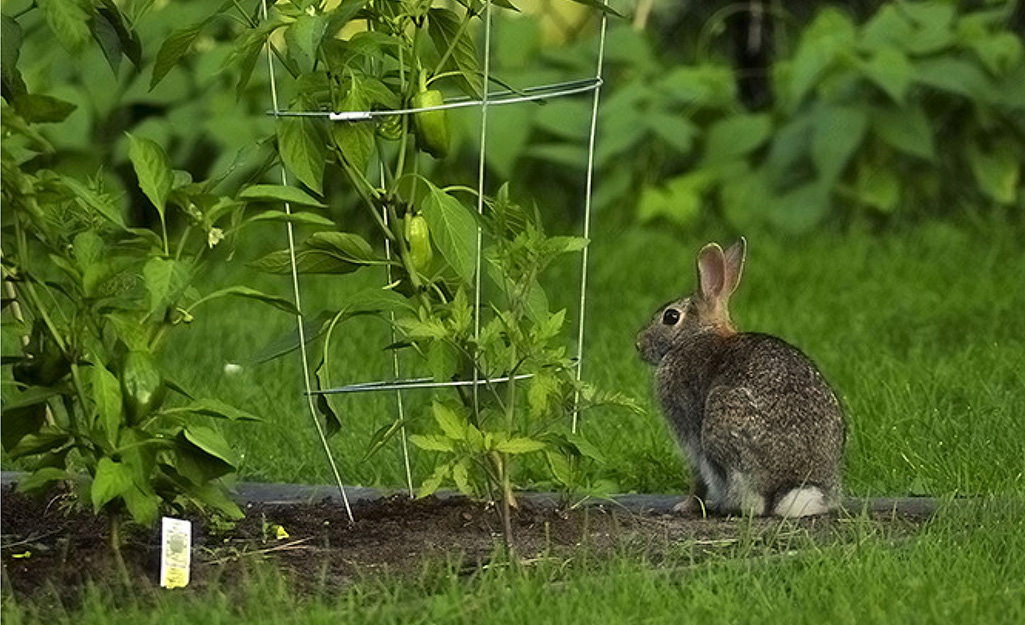
Rabbits like greens just as much as you do. Control these herbivores with fencing around the garden. Poultry netting and chicken wire are good bets. Scent-based animal repellent granules work, too.
Deer
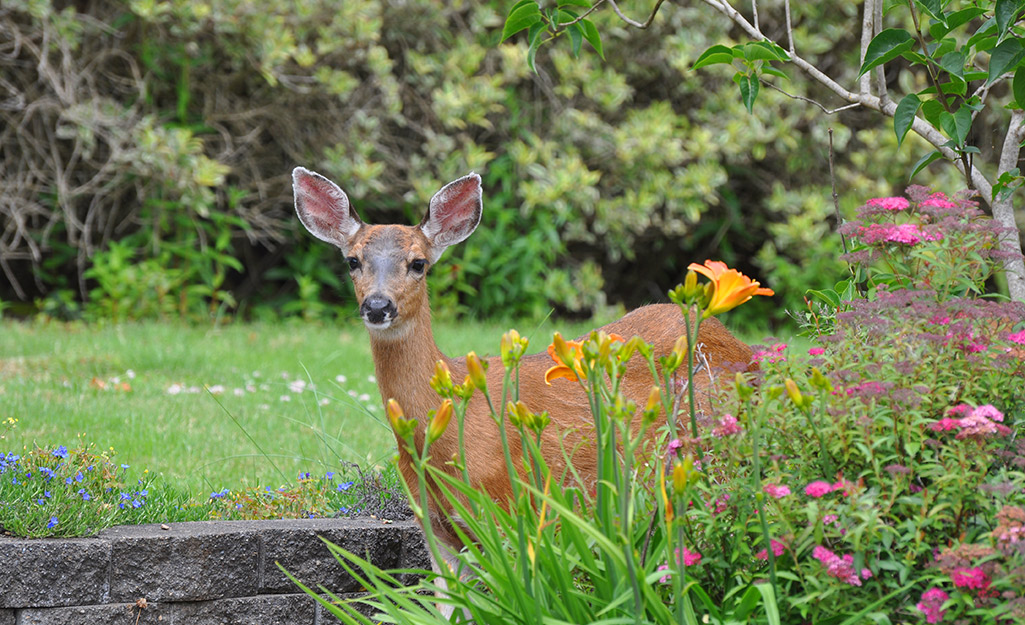
These critters like tender plants from vegetable and flower gardens. They will strip off leaves and new growth. Control deer damage with fencing, garden enclosures and animal repellents.
Tomato Hornworms and Tobacco Hornworms

Known as the Jabba the Hutt of caterpillars, both tomato and tobacco hornworms are ugly and effective. They will defoliate and de-fruit a tomato plant in a matter of days. Keep an eye out for these beasts and be ready with a bucket of soapy water when you see them. Pluck them off the plant, drop them into the soapy water and dispose of them in a galaxy far, far away from your garden. Beneficial insects will eat the caterpillar eggs, so if you anticipate a problem, be proactive and grow plants that support beneficial insect life.
Cabbage Worms
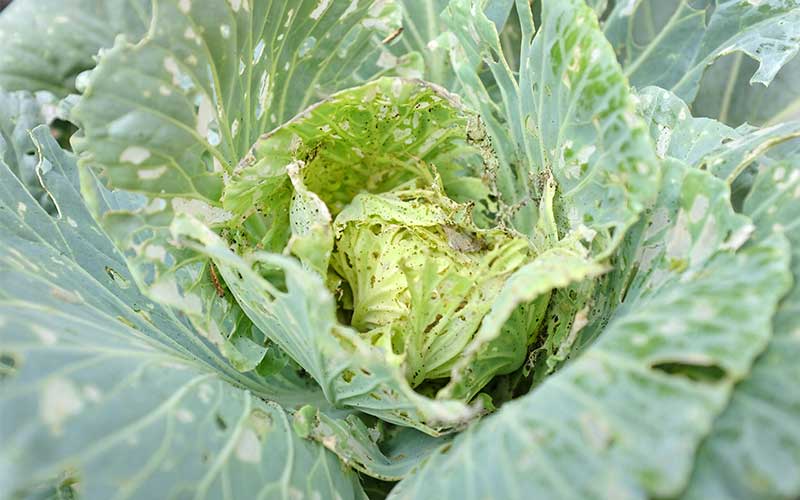
These destructive creepy crawlies can be controlled with the hand-picking and soapy water routine, and other organic methods like row covers and beneficial insects. Another effective treatment is to spray early in the season with Bt (Bacillus thuringiensis), an organic treatment that disrupts the life cycle of the cabbage worm.
Snails
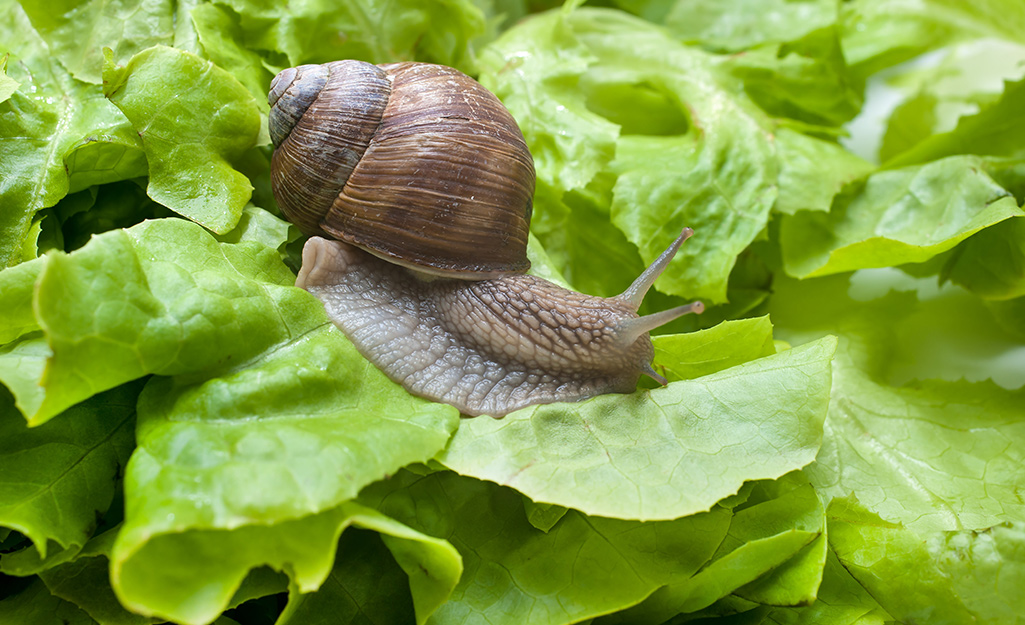
Snails are just slugs that carry their homes with them. They will destroy tender leafy crops and strawberries. Snails like dark, damp conditions, so location is key to keeping them out of your garden. Well-draining raised beds also discourage snails. The tried-and-true beer trap is effective for snaring snails; copper tape, too.
You can use a slug and snail bait with iron phosphate as its active ingredient to stop these big-time leaf chewers. Spread granules over the ground where slugs and snails can get to them easily. As a bonus, water turns the granules into fertilizer. Get the best control by using light applications every few weeks and re-applying after rainy weather when slugs come out of hiding.
Rodents
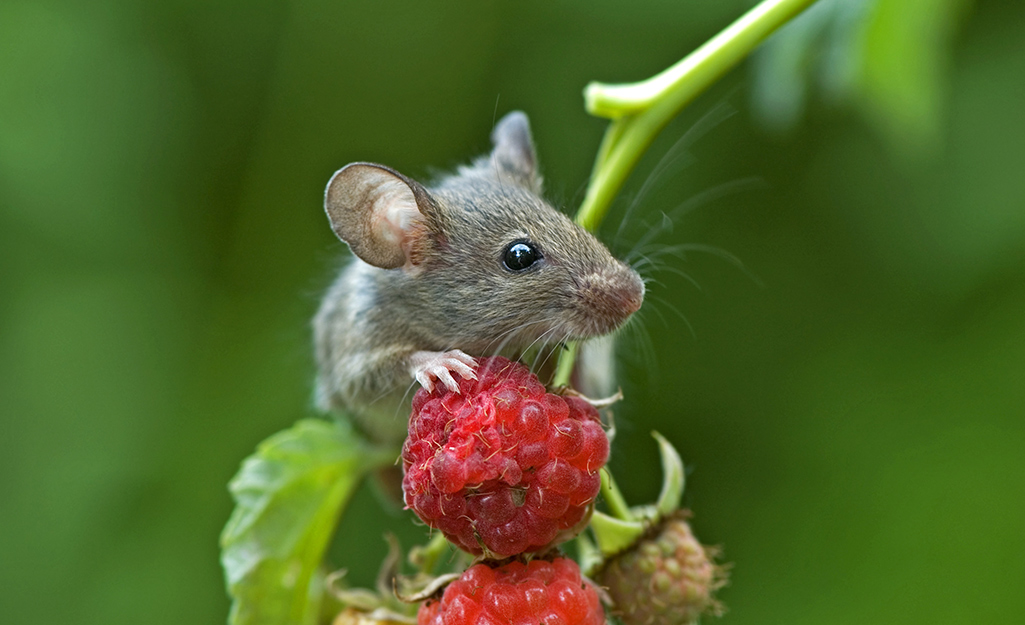
Rodents like rats, mice and voles are common pests in many regions of the U.S. They’re omnivores so they eat anything. Rats can eat through rotting wood like paper.
Mice and rats nest in crawl spaces, attics, under decks and any spot that’s warm and dry. Voles, often called field mice, live underground.
Small nibbles out of fruits and vegetables signal you have rats or mice. They have two large front teeth that make small nicks about 1/8 of an inch wide.
Voles eat plants from underneath. If you come out to your yard and all you can see is a row of holes where your carrots were growing, you've got voles. They pull the carrots down and eat them in their tunnels. They’ll eat your flower bulbs the same way.
Rats, mice and voles require similar treatment to get rid of them. The most effective solution is traps baited with peanut butter. You may want to cover the traps to protect pets and children from coming into contact with them. In some regions you can trap them and then release them away from your location. Repeat trappings are often required. Check with local laws.
Raccoons
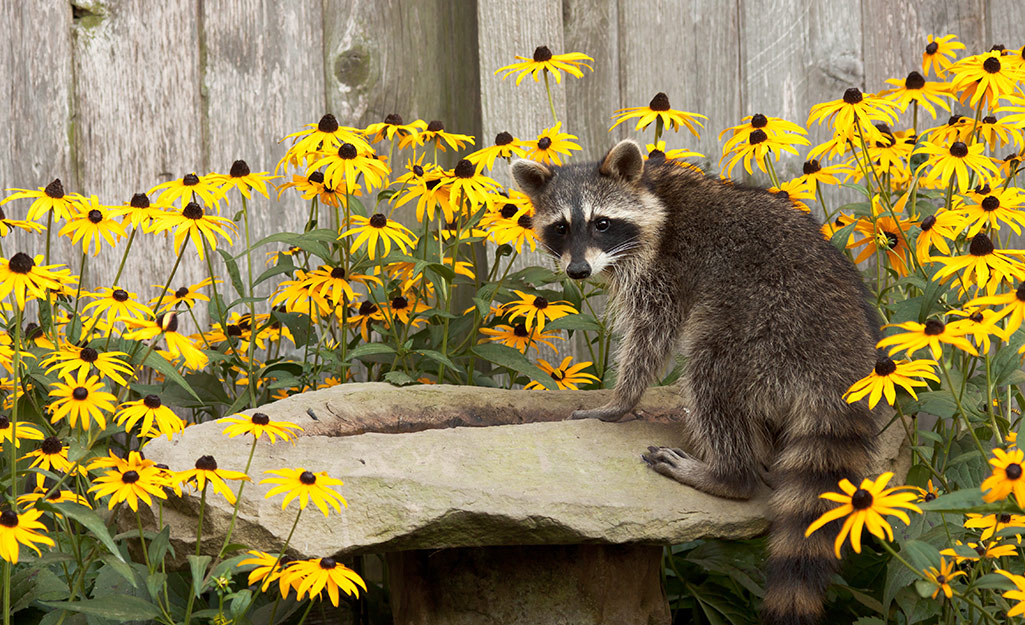
Racoons are great climbers, swimmers and jumpers. They’re nocturnal animals, which means they’re most active at night. They’re also omnivorous so they’ll eat anything.
You can tell you have raccoons if you see tracks around your yard. They have five toes so their prints almost look like kids’ hand prints. They also like to dig for grubs and other insects. You'll see holes in your lawn and mulch piles.
Racoons are persistent. There are cruelty-free options for managing them. Set up a double-wire electric fence around the perimeter of your yard. Put one wire 4 to 6 inches off the ground and the second wire around 12 inches off the ground.
Another option is to set up a raccoon trap and release them at least three miles away. Check local and state laws to confirm the local rules.
For raccoon prevention, use garbage cans with a securely locking lid, and keep pet food and bird feeders aways from crops.
Learn to scout your garden every day that you can get outside. It's one of those best practices that will save money and time and could potentially save your garden. Scouting is simply walking through your landscape or garden, looking at insects buzzing, examining the plants and occasionally turning over leaves to spot early signs of damage. You'll find what you need to protect your garden online. The Home Depot delivers online orders when and where you need them.
